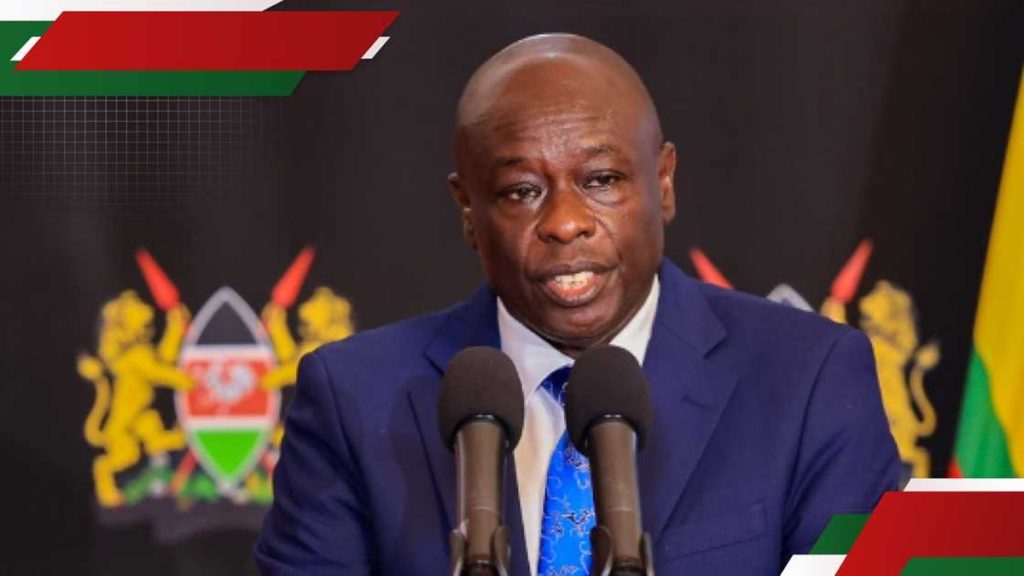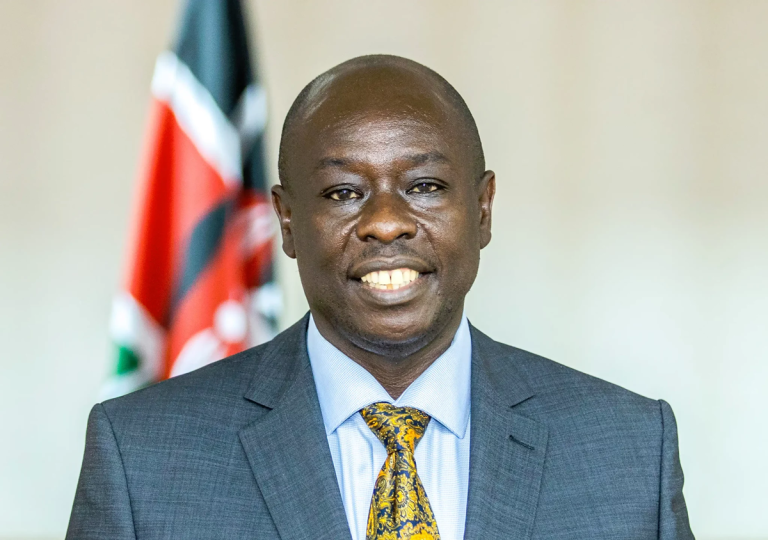Kenya’s parliament was set to decide on Tuesday whether to impeach Deputy President Rigathi Gachagua– a political drama that has revealed a division within the ruling party.
Lawmakers alleged, among other things, that the 59-year-old deputy to President William Ruto engaged in corrupt activities, undermined the government, and promoted divisive ethnic politics.
At a press conference on Monday, Gachagua denied the accusations as “outrageous” and “sheer propaganda”, saying it was a scheme to hound him out of office.
Gachagua, a businessman from Kenya’s largest tribe, the Kikuyu, weathered previous corruption scandals to become deputy leader and serve as Ruto’s running mate in the tightly contested election of August 2022.
However, recently, he has voiced concerns about being sidelined by his boss and has been accused of supporting youth-led anti-government protests that began in June.

Political tensions have escalated since the sometimes deadly demonstrations erupted in response to unpopular tax increases, revealing rifts between Gachagua and Ruto.
Last month, several MPs aligned with Gachagua were summoned by police, facing accusations of funding the protests.
While no formal charges have been filed against Gachagua and no judicial inquiry has been launched, lawmakers have outlined 11 grounds for impeachment. These include claims that he has amassed assets worth 5.2 billion shillings (about $40 million) since the last election despite drawing an annual salary of only $93,000.
Among the assets cited is Kenya’s famous Treetops Hotel, where Britain’s then-Princess Elizabeth stayed when she became queen.
Gachagua asserts that his wealth comes solely from legitimate business ventures and an inheritance from his late brother. He has warned that his removal could lead to unrest among his supporters.
On October 1, Kenyan lawmakers initiated the impeachment process, with 291 MPs backing the motion—well above the 117 needed.
For the motion to pass on Tuesday, it requires the support of two-thirds of the National Assembly, after which it would move to the Senate.
If impeached, Gachagua would be the first deputy president to be removed in this manner since the possibility was introduced in Kenya’s revised 2010 constitution.


